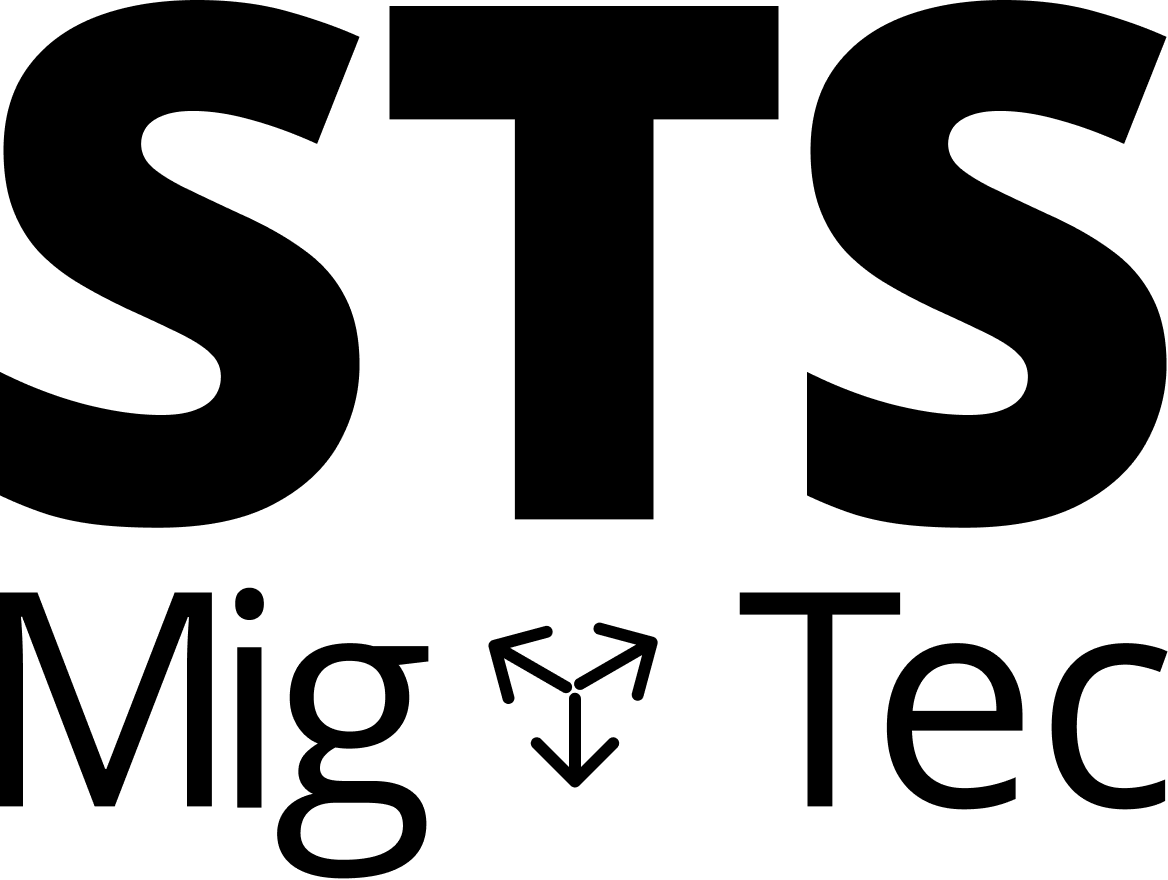Abstract
In 2020, the European Union Agency for Large-Scale Information Systems (EU-Lisa) announced the award of their most valuable the contract for the new Entry Exit System (EES) and the shared Biometric Matching System (sBMS) to two companies: IDEMIA and Sopra Steria. Little is publicly known about the companies and the AI-based technologies that they develop and implement at European borders.
In this paper, we propose an interdisciplinary methodology to analyse the companies that have been awarded contracts to implement data interoperability and AI at EU’s borders. Rather than opacity or transparency, we work with disperse forms of visibility and invisibility to trace the contours of datafied borders. We start from EU-Lisa procurement to map the companies that have been awarded contracts. After a systematic analysis of all the contracts awarded by EU-Lisa since it was established in 2012, we retrieve and investigate the patents of the companies awarded contracts to develop and maintain the three main border and migration databases – VIS, SIS and Eurodac – as well as recent contracts for interoperability projects and the new databases such as EES.
Our methodology combines computational methods (machine learning, natural language processing and graph theory) with qualitative methods of ‘thick analysis’. This interdisciplinary methodology helps shed light on the epistemic and political assumptions of algorithmic power, thus raising new questions of accountability at EU’s datafied borders.
Neither opaque nor transparent: Algorithmic power at EU’s datafied borders.
Ana Valdivia (King’s College London), Claudia Aradau (King’s College London), Tobias Blanke (University of Amsterdam) and Sarah Perret (King’s College London)
About the event series
STS-MIGTEC Circle is a small format which serves to reflect jointly on work-in-progress contributions related to the themes of interest to STS MIGTEC. The idea is to create a safe space for probing and experimenting with ideas, arguments, attempts of analysis, sense-making of empirical material. It’s the right space for you if you already invested substantial energy and dedication into that work, but you still feel the piece to be raw and fragile. We invite individual scholars – of all career stages – to take other interested scholars on board to jointly reflect and discuss with care and constructive feedback.
